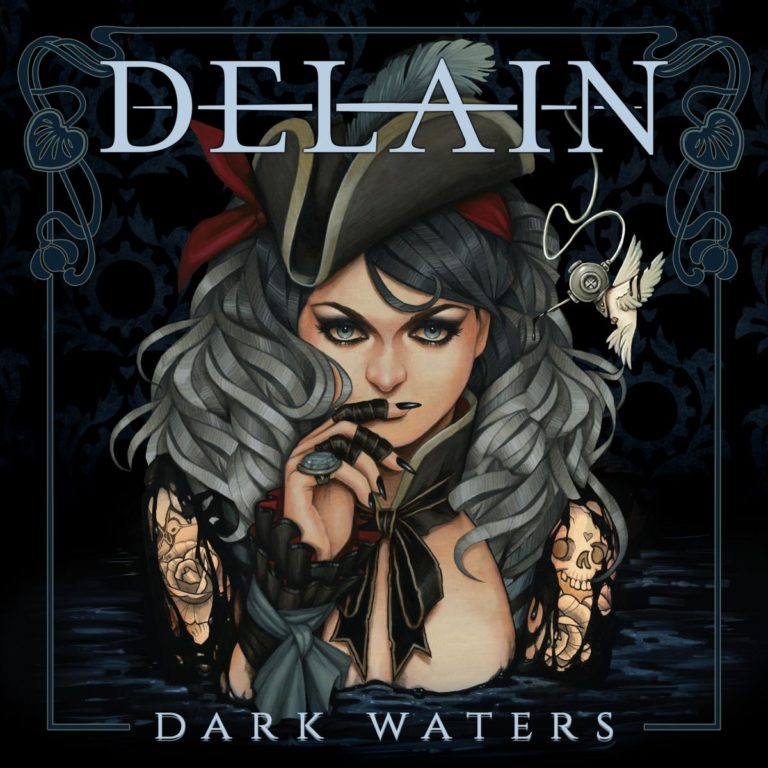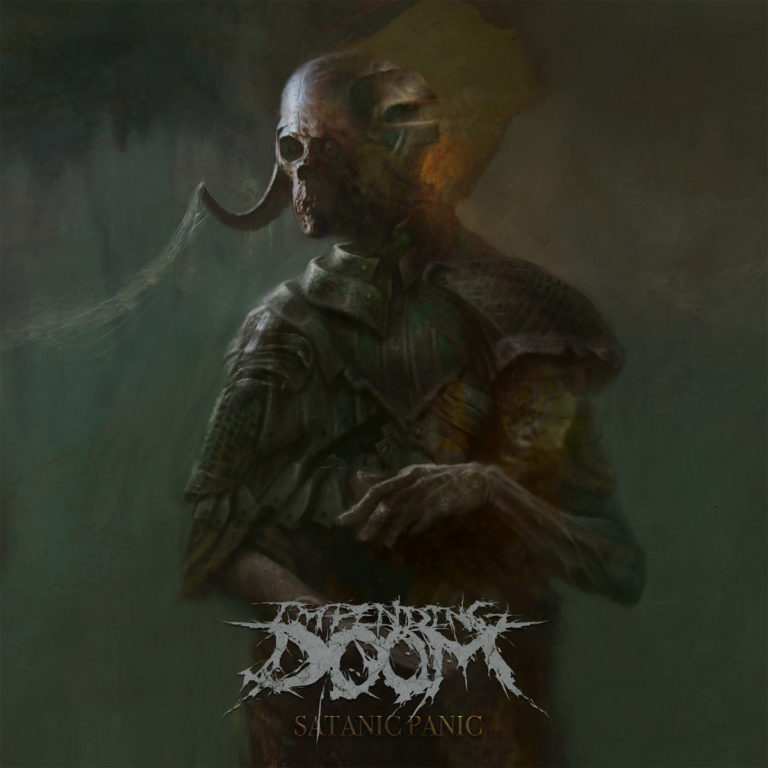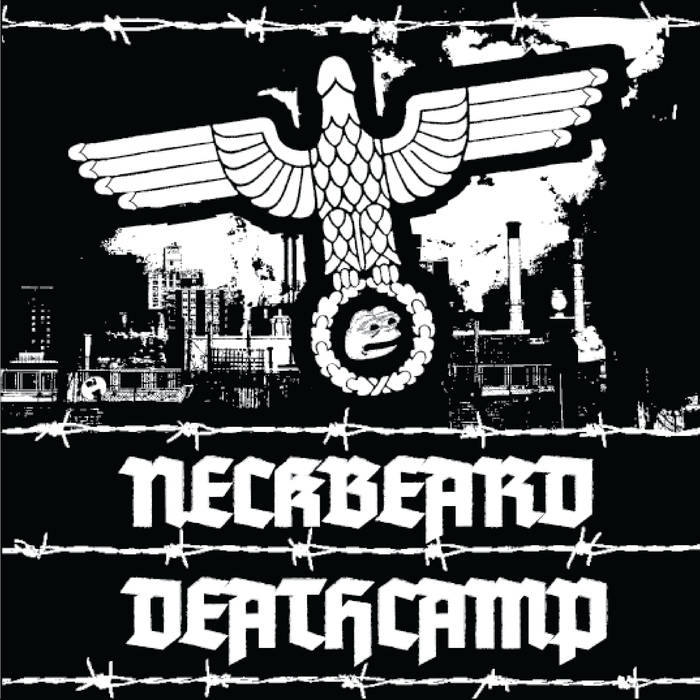Welcome back to my annual music countdown! Last year I went overboard with more than fifty album...
bad wolves
Surprise, surprise, the first half of 2021 was much like 2020 with lockdowns and social restrictions making...
It’s that time of year once again, when I look back on all of the random-ass, new...
Hey, it’s that time of year again! That’s right, the time of year when I look back...



